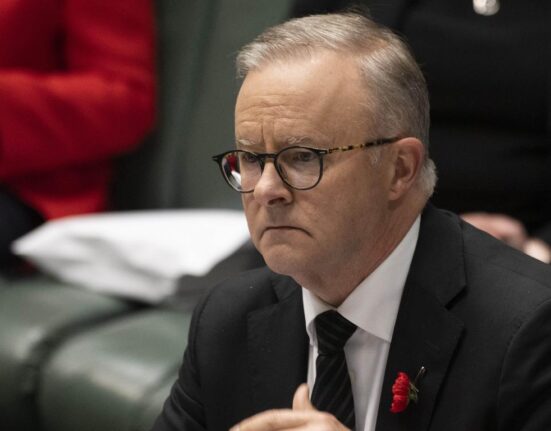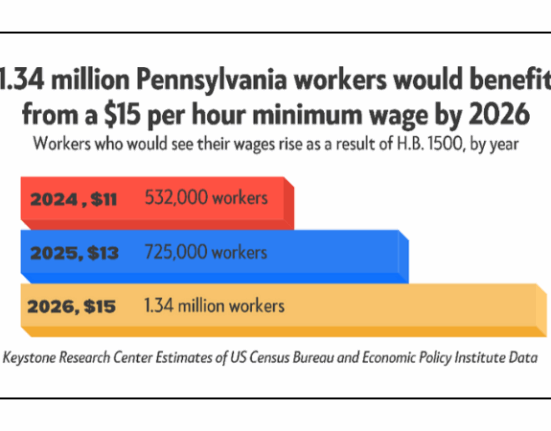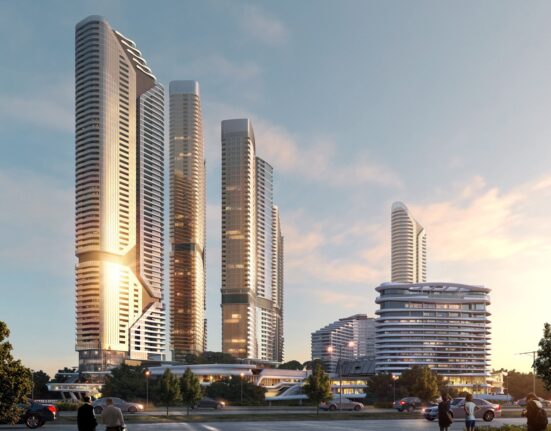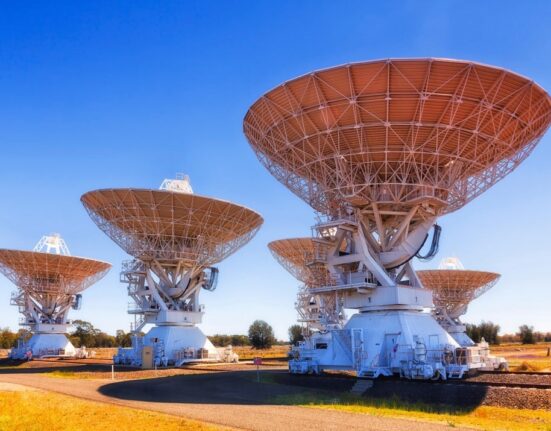Gas, once a controversial topic for the Labor party, has now become a pivotal issue in Australia’s energy landscape. Anthony Albanese’s recent decision to support the extension of Woodside Energy’s North West Shelf project marks a significant shift in Labor’s approach to natural gas. This move, although met with criticism from environmentalists and advocacy groups, highlights the complex interplay between economic interests and environmental concerns.
Albanese’s firm stand on extending gas production reflects his government’s strategy to secure future energy supplies while navigating the transition towards cleaner energy sources. As reported by www.smh.com.au, this decision underscores Labor’s recognition of natural gas as a crucial “transition fuel
” essential for Australia’s journey towards a greener economy with net-zero emissions.
In the face of mounting pressure to accelerate climate action, Albanese emphasized the necessity of balancing renewable energy expansion with reliable power generation. He aptly stated, “
It’s net zero, not zero. You can’t have renewables unless you have firming capacity – simple as that.” This statement encapsulates the nuanced approach required to achieve sustainable energy goals without compromising energy security.
The debate surrounding natural gas extends beyond political realms; it delves into industry dynamics and technological advancements shaping Australia’s energy future. Meg O’Neill, CEO of Woodside, highlighted the evolving discourse on gas in national conversations. She noted that there is a growing acknowledgment of the need to manage the pace of energy transition effectively.
The Australian Energy Market Operator’s concerns about inadequate infrastructure for renewable integration reveal challenges in scaling up clean energy systems swiftly enough to replace retiring coal-fired power plants. This underscores the indispensable role of fast-start gas turbines in maintaining grid stability during transitions—a critical aspect often overlooked in discussions solely focused on phasing out fossil fuels.
Woodside Energy Group’s venture at Karratha symbolizes more than just an extension approval; it signifies potential developments in untapped gas resources like the offshore Browse basin—an opportunity that could reshape Australia’s energy landscape significantly if executed responsibly under stringent environmental regulations.
Furthermore, increased governmental support for gas projects poses dilemmas regarding environmental impact assessments and community opposition towards fracking initiatives such as those in Northern Territory’s Beetaloo Basin or Santos’s Narrabri project in NSW. These instances underscore ongoing tensions between economic development imperatives and ecological conservation efforts.
As reported by [SOURCE], laboriously evaluating each facet of Australia’s shifting energy paradigm is imperative for fostering sustainable practices while meeting growing demand for cleaner alternatives. The delicate balance between economic growth aspirations and environmental stewardship necessitates comprehensive deliberation among stakeholders across sectors to chart a viable course forward amidst evolving global climate imperatives.
—
Attribution:
This article was based on information from www.smh.com.au (Link: https://www.smh.com.au/business/companies/gas-is-no-longer-a-dirty-word-for-labor-20250529-p5m38c.html?ref=rss&utm_medium=rss&utm_source=rss_business)









Leave feedback about this